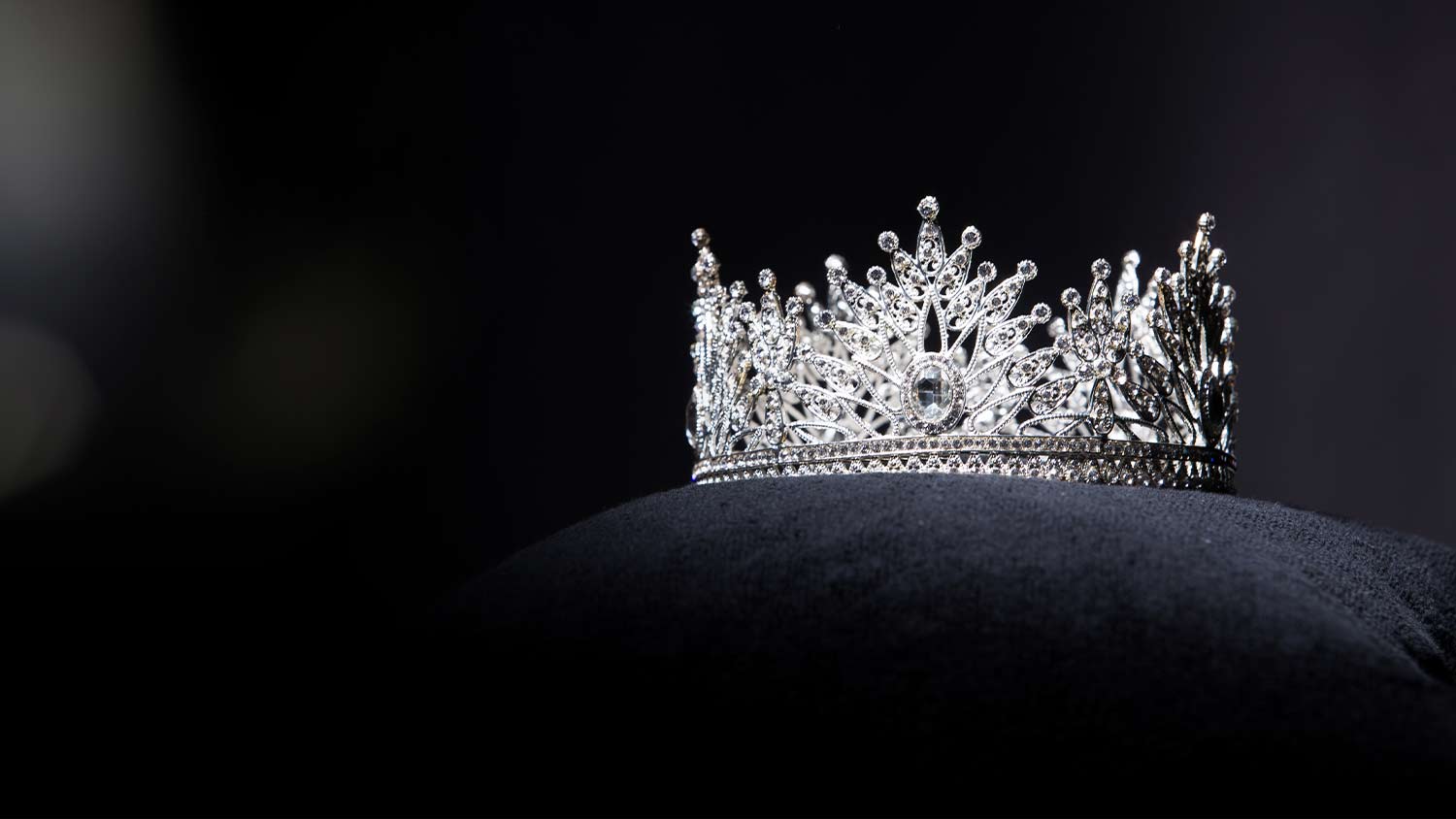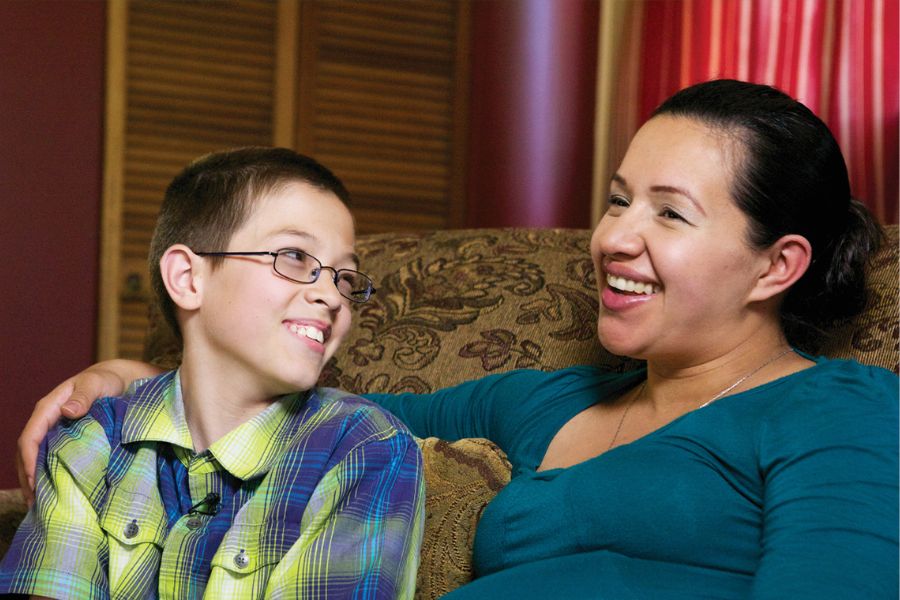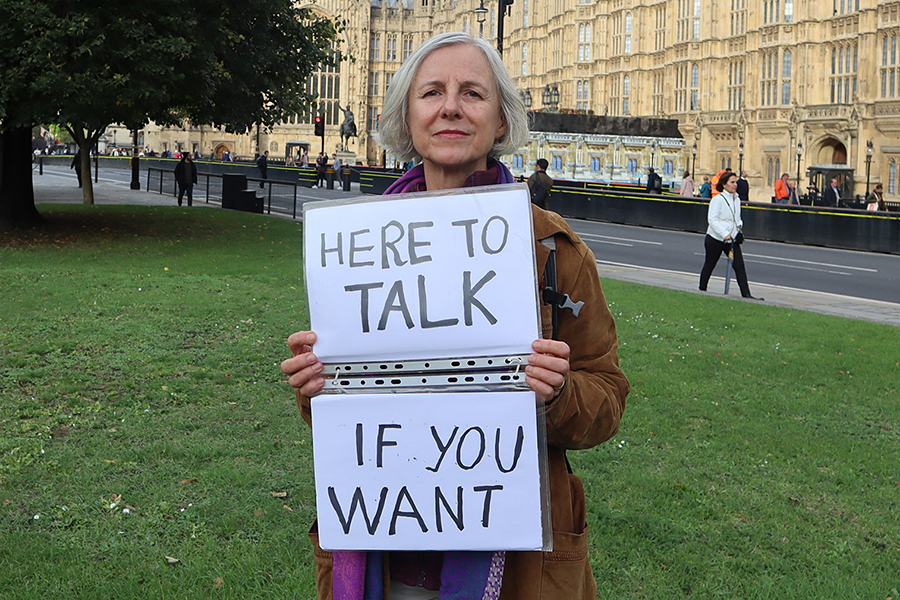
Lin-Manuel Miranda’s Hamilton: An American Musical became a runaway hit for its comprehensive storyline, its rapid-fire rhymes, and its overall artistry. Most also noticed Miranda’s casting decisions.
The director selected racially diverse actors and actresses for lead roles to contribute to the musical’s message about the nation’s founding and our modern life. Changing these casting decisions would have changed the musical’s message.
That same principle is illustrated by the case of Green v. Miss United States of America. In this case, Alliance Defending Freedom attorneys represent United States of America Pageants (USOA Pageants), an organization that produces a national pageant and dozens of local pageants each year.
Through these pageants, USOA Pageants conveys an uplifting and empowering message about women and provides women with an avenue for achievement.
But when a male applied to compete and perform in one of its pageants, USOA Pageants denied the application. Allowing a man to compete in the pageant would have contradicted USOA Pageants’ expression about what it means to be a woman.
USOA Pageants’ voice is increasingly unique in the pageant industry as other formerly female-only pageants now admit males. Women deserve their own pageants. Beyond pageantry, though, the case implicates all of our freedom to publicly communicate consistent with our beliefs.
Thankfully, the U.S. Court of Appeals for the Ninth Circuit ultimately ruled in the pageant’s favor. Women deserve the chance to perform in beauty pageants designed for women, and no organization should be forced to express a message contrary to its purpose.
Let’s look at how this case unfolded.
What is United States of America Pageants?
Tanice Smith is the founder and national director of USOA Pageants. The pageant is an independent, pageant system that provides women with development, public-speaking, community service, networking, and confidence-building opportunities.
USOA Pageants orchestrates an annual national beauty pageant. The pageant is performed before a live in-person audience and live-streamed online. Like a musical production, USOA Pageants makes all kinds of decisions about the show.
The pageant selects the music, background, and stage lighting, designs the contestants’ sashes, coordinates the on-stage choreography, and assembles a program book.
The live pageant follows a familiar format: participants compete in multiple rounds where judges evaluate their “poise,” “charisma,” and “grace” and responses to on-and-off-stage interviews based on criteria that reflect USOA Pageants’ vision and message.
The pageant’s key message is to “empower biological women” and to “encourage women to strive to ACHIEVE their hopes, dreams, goals, and aspirations, while making them feel CONFIDENT and BEAUTIFUL inside and out!”
Like all beauty pageants, USOA Pageants uses certain eligibility requirements to safeguard its message and ensure that contestants align with the pageant’s values.
For example, prospective contestants must be “of good moral character” and may not publish social media posts that conflict with the pageant’s message. Contestants also choose a social advocacy platform, and the pageant reviews those too.
And to promote the pageant’s idea of femininity, prospective contestants must be “natural born female[s].” USOA Pageants wants the women it crowns as winners to embody the messages it desires to promote.
But the plaintiff in Green v. Miss United States of America sued USOA Pageants after learning that only women may compete.
Green v. Miss United States of America
In late 2018, the plaintiff—a male who identifies as female—messaged Smith about USOA Pageants. Smith explained the requirement that contestants be natural-born females. Smith then offered to find another pageant for the plaintiff.
Even so, the plaintiff applied to become a contestant. The pageant denied the plaintiff’s application. The plaintiff then sued, alleging a violation of the Oregon Public Accommodations Act based on gender identity.
USOA Pageants was represented by ADF Allied Attorney John Kaempf at the U.S. District Court for the District of Oregon. In April 2021, that court upheld USOA Pageants’ First Amendment freedom of expression.
The court explained that the pageant “cannot authentically or persuasively promote its message of empowering biological women if [it] is forced to celebrate and promote biological men who identify as women.”
Case timeline
- December 2018: The plaintiff learned about USOA Pageant’s “natural born female” rule and Smith offered to help the plaintiff find an alternative pageant.
- January 2019: USOA Pageants denied the plaintiff’s application to participate in the pageant.
- December 2019: The plaintiff filed the complaint.
- June 2020: USOA Pageants filed a motion to dismiss the lawsuit.
- April 2021: The district court affirmed USOA Pageants’ First Amendment right to promote its concept of womanhood and abide by its “natural born female” rule.
- March 2021: The plaintiff appealed the decision to the 9th Circuit.
- May 2021: ADF filed a notice of appearance with the 9th Circuit to represent USOA Pageants.
- March 2022: ADF attorneys presented oral arguments before the 9th Circuit.
- November 2022: The 9th Circuit ruled in favor of USOA Pageants on free speech grounds, protecting its ability to speak messages consistent with the organization’s principles.
- March 2023: The 9th Circuit denied en banc review, cementing its ruling in favor of USOA Pageants.
Outcome
By ruling for the pageant, the 9th Circuit recognized that compelling the pageant to allow males in its all-female production would violate the First Amendment because it would force the pageant to change its message that celebrates women consistent with its views on womanhood.
In its opinion, the 9th Circuit said the plaintiff sought “to use the power of the state to force Miss United States of America to express a message contrary to what it desires to express. The First Amendment says no.”
“Ignoring the biological reality that men and women are different harms women and their opportunities to compete, excel, and win—from female athletes sidelined in their own sports to women competing in beauty pageants on the national stage,” said ADF Senior Counsel Christiana Kiefer.
“We’re pleased the 9th Circuit recognized United States of America Pageants’ free-speech right to give women the chance to perform in beauty pageants designed to promote women.”
The bottom line
Forcing beauty pageants to allow males in all-female events changes the message of those events and takes away opportunities for women. No organization should be forced to express a message contrary to its purpose.




